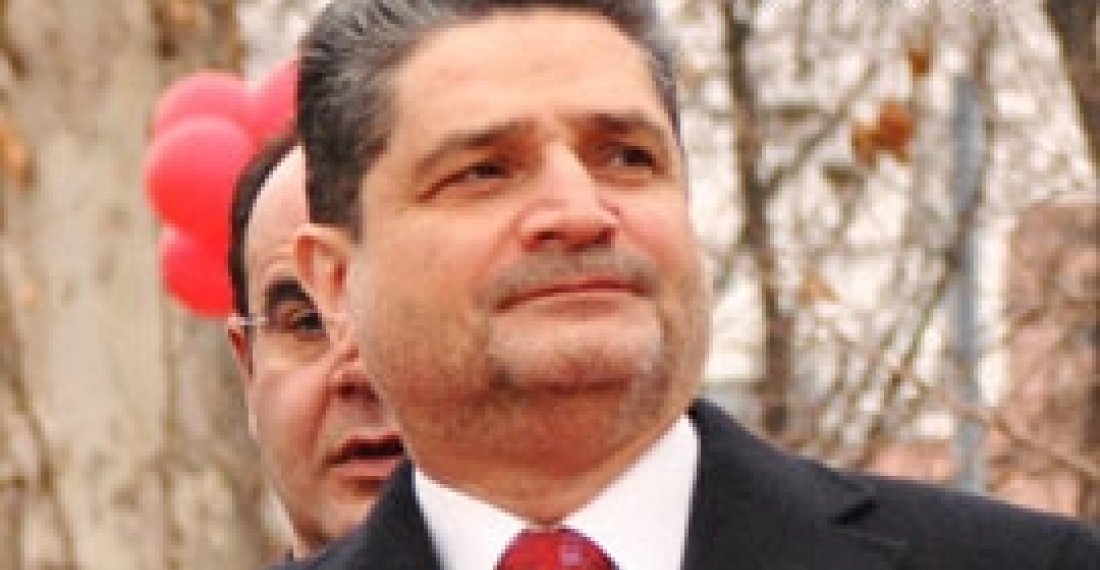Armenia has not yet been officially invited to join the Eurasian Union as the discussions concerning the format and mechanisms of the union and the obligations of its members are still underway, Armenia's Prime Minister Tigran Sargsyan said in the parliament on Wednesday.
He said that Armenia wants to integrate into both the Eurasian and European unions and to deepen its integration into the CIS.
"We believe that these integrations complement rather than contradict each other," the Premier said, adding that once the format of the Eurasian Union is known, the Armenian Government will organize a public hearing of this project.
He said that during their last meeting the Armenian and Russian presidents agreed to create working groups for searching for possible cooperation formats.
"In its foreign policy a small country like Armenia must try to avoid any diplomatic games as they may prove to be very dangerous for us. In our foreign policy we are open, which means that all of our discussions concerning our integration with Europe are open for both the United States and Russia. They are well informed of our foreign policy. Here we have no secrets," the Premier said.
Armenian PM: Armenia has not yet been officially invited to join Eurasian Union
Armenian PM: Armenia has not yet been officially invited to join Eurasian Union







